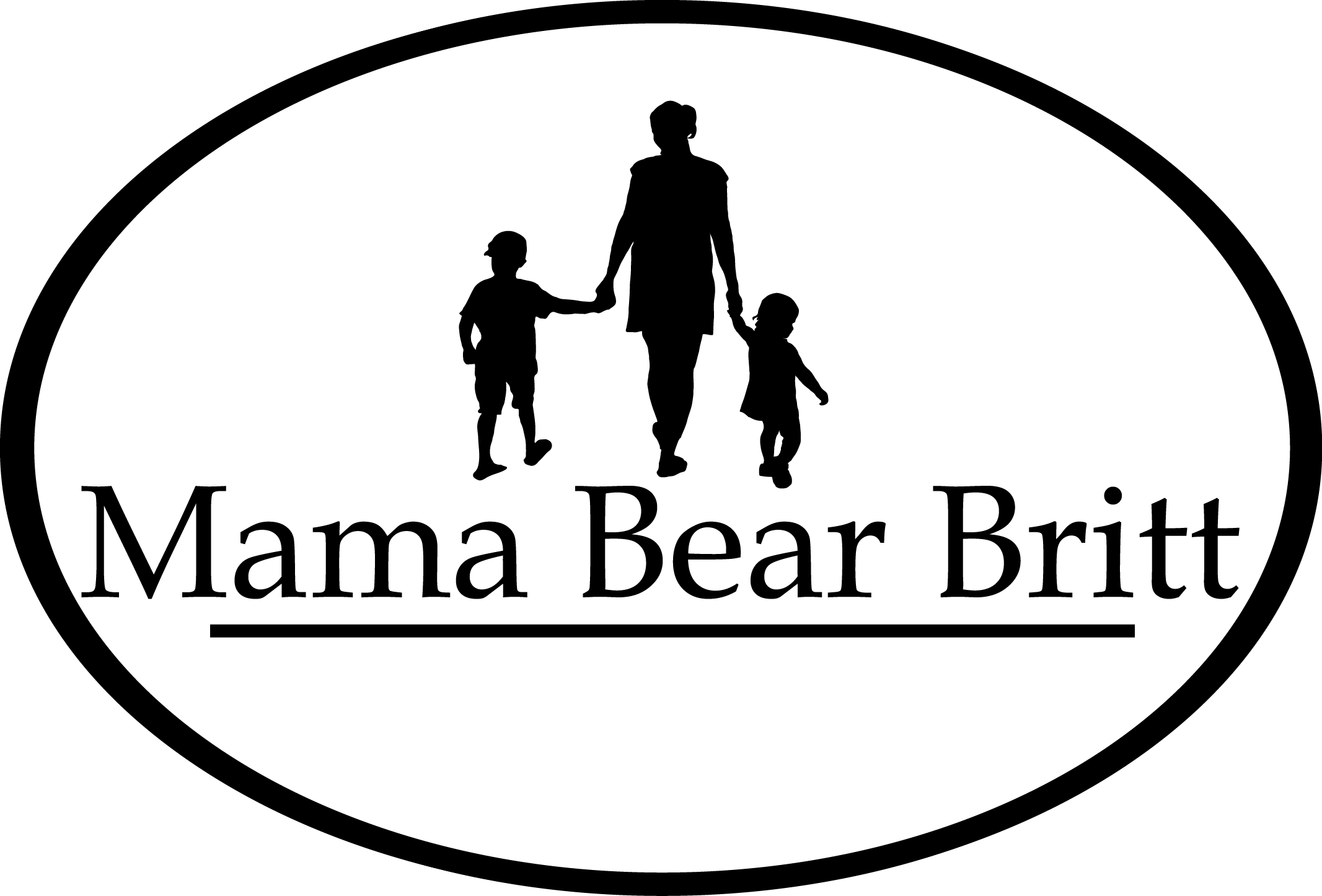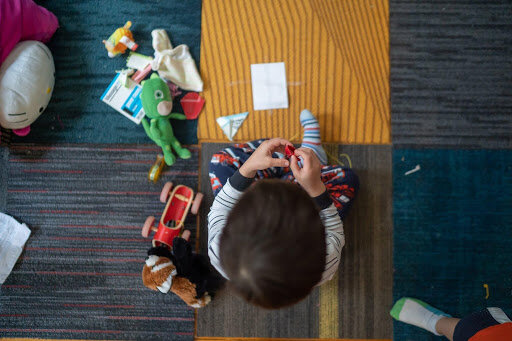Problems With Your Daycare Provider
Problems With Your Daycare Provider
Finding the right childcare provider takes some diligence on your end. To start, you should search based on your needs, then tour and ask the right questions so you can pick the perfect provider. Once you’ve found them you should check their license status before enrolling. And once that’s all done, you can send your child off to daycare or preschool feeling good that you’ve made the right choice.
But what happens when the provider you choose just isn’t working out?
Well, it depends on the reason.
First, as parents, it’s incredibly hard to entrust our little ones to a virtual stranger. But childcare is an extremely difficult job, so ask yourself if you understand where your provider is coming from and ask other parents if your request or perspective is fair. If you’re requesting special accommodations without a medical reason for them, it may be difficult for a provider to acquiesce while meeting the needs of all of the children in their care. They also may say no so a precedent isn’t set for other families. Be reasonable with your requests and it certainly helps to think about it from your provider’s viewpoint.
If you’ve determined that your situation is not caused by unrealistic expectations on your end, figure out what the root cause of the problem is and address it head-on, but kindly. Here are some common examples of situations that lead to unhappy parents and how we recommend handling the them.
Follow Paper Pinecone’s guidelines for a symbiotic relationship with your provider.
1. Your child is being hit/bit/pushed on a regular basis by one particular child
This is hard - hitting, biting, and pushing are all developmentally appropriate for toddlers and some children are more apt be physical than others. But, as much as you may understand this, you still don’t want your child to be on the receiving end. If it happens once or twice and no medical attention is required, there’s really not much to do. You can perhaps have a chat with the teacher to ensure behavior modification strategies are in place, if you’re compelled, but it shouldn’t be treated as a big deal. It gets tricky if it’s a pattern of behavior and you or your child is constantly in fear of one particular kid. If this is the case, you should set up a meeting with your provider (the director and teacher if you’re at a center) and discuss in detail what measures they’ve developed to protect your child. Ask for a timeline so you know when the situation will be reevaluated (after one more bite? one week?). Ask if they’re willing to terminate the other child’s care if things don’t improve within the agreed-upon timeframe. Providers never want to expel a child, but sometimes it’s necessary for the greater good. Keep in mind that your provider may not tell you which child is the perpetrator.
2. Your child doesn’t nap and is bored during nap time
Sorry, folks. This is something you’re just going to have to deal with. Rest period is mandated by the state and it’s likely that your provider can’t isolate non-nappers from nappers in a separate area. Ask if your child can have a book or quiet activity on his or her cot after a certain amount of time, though be prepared for the answer to be ‘no’. If that’s not acceptable to you, a half day schedule may be a better option.
3. Food issues
Mealtimes are often the thorn in every parent’s side. Remember that your provider can’t make your child eat a meal any more than you’re able to make them eat one at home. If your child has special dietary needs, speak with your provider before enrolling to ensure they can be handled appropriately. Often, reasonable accommodations can be made for medical reasons. If your provider serves meals, it’s understandable for them to have a policy of no outside food, with no non-medical exemptions, so respect that. I’ve also seen parents get upset about types of food served (e.g. popcorn, carrots, uncut grapes) (full disclosure, I was this mom after seeing them served at a party at my daughter’s preschool). Speak with your director if you have similar concerns. Ours stopped serving these items during snack and requested that parents no longer bring them in for events. Side note, some states say that providers don’t have to cut grapes for children 2 and up, so keep that in mind.
Feeding toddlers is always a struggle!
4. Communication
This one’s big. When touring providers, it’s critical that you ask about communication including style, frequency, and content. So often I hear parents complain about providers because of communication issues. There are providers all over the spectrum of communication and you need to find one that aligns with your expectations. Some communicate constantly, sharing every small thing that happens - Timmy won’t take his bottle, Susie has been crying for 15 minutes, Johnny wasn’t nice to Jane. It can be overwhelming to a parent, can be hard for you to discern when there’s real cause for concern, and can cause you to lose trust in your provider’s ability to handle the situation. If this is the issue, speak with your childcare provider about scaling back communication to daily reports (written or verbal) at pick-up and to only contact you during the day if there’s an issue that you personally need to address immediately. On the flip side, there are providers who communicate too little and then you’re blindsided when a problem arises. If you feel like you’re not getting enough information from your provider, speak with them about regular check ins, written reports, and parent-teacher conferences.
While there are many issues that you can solve for with your provider, there are some red flags that should leave you running for the hills to search for new childcare.
1. Inadequate staffing
Each state sets its own laws regarding how many children can be cared for by an adult, it varies by age, and states may set a maximum group size. For infants, Arkansas has the highest ratio in the country at one adult per six infants, and Massachusetts and Kansas have the lowest with one adult per three infants. Most states are 1:4 for infant care. Family child care (in-home) and centers have different requirements, and while staffing is notoriously difficult in the industry, your provider should never be out of ratio. Be aware that nap time ratios may differ from awake times in your state, allowing teachers to take alternating breaks while children rest.
2. Unsafe environment
Observe what safety measures have been put in place within the classroom. Outlets should be covered and if children under three are present, no small objects should be accessible. This includes arts and craft supplies, like pom poms. Your provider should follow all safety rules set out by licensing. Ensure safe baby sleep is being practiced. Nothing should be in cribs other than a mattress and fitted sheet - no bumpers, blankets or pillows, babies should not sleep in car seats, swings, or other devices, and should always be placed on their backs. If there are blinds in the room, cords should be tied up and out of reach.
Small toys shouldn’t be used for children under three.
3. Harsh discipline or punishments - both verbal and physical
If your provider resorts to name calling, yelling, shaming, or any form of physical punishment, leave immediately and report them to the state licensing board. While we all know that children can be frustrating, there’s no excuse for a provider using those tactics.
The Bottom Line
Often your childcare provider will work with you on your concerns and address issues that arise. After all, without you they don’t have clients. Provide honest, but reasonable, feedback in a kind manner and work toward a solution that suits both of you. When you see them as your partner, your child will thrive in their care. However, if your concerns are for safety or licensing violations, don’t hesitate to pull your child and report your provider to the necessary authorities.
Stacey Grumet is the Founder and CEO of Paper Pinecone. Paper Pinecone is a thought leader in early childhood education and the best resource to find daycare and preschool programs that meet your needs. She lives in Los Angeles with her precocious 4-year-old (as of this writing) and perfectly adequate husband. Every day she strives to be the world’s most okay mom.




